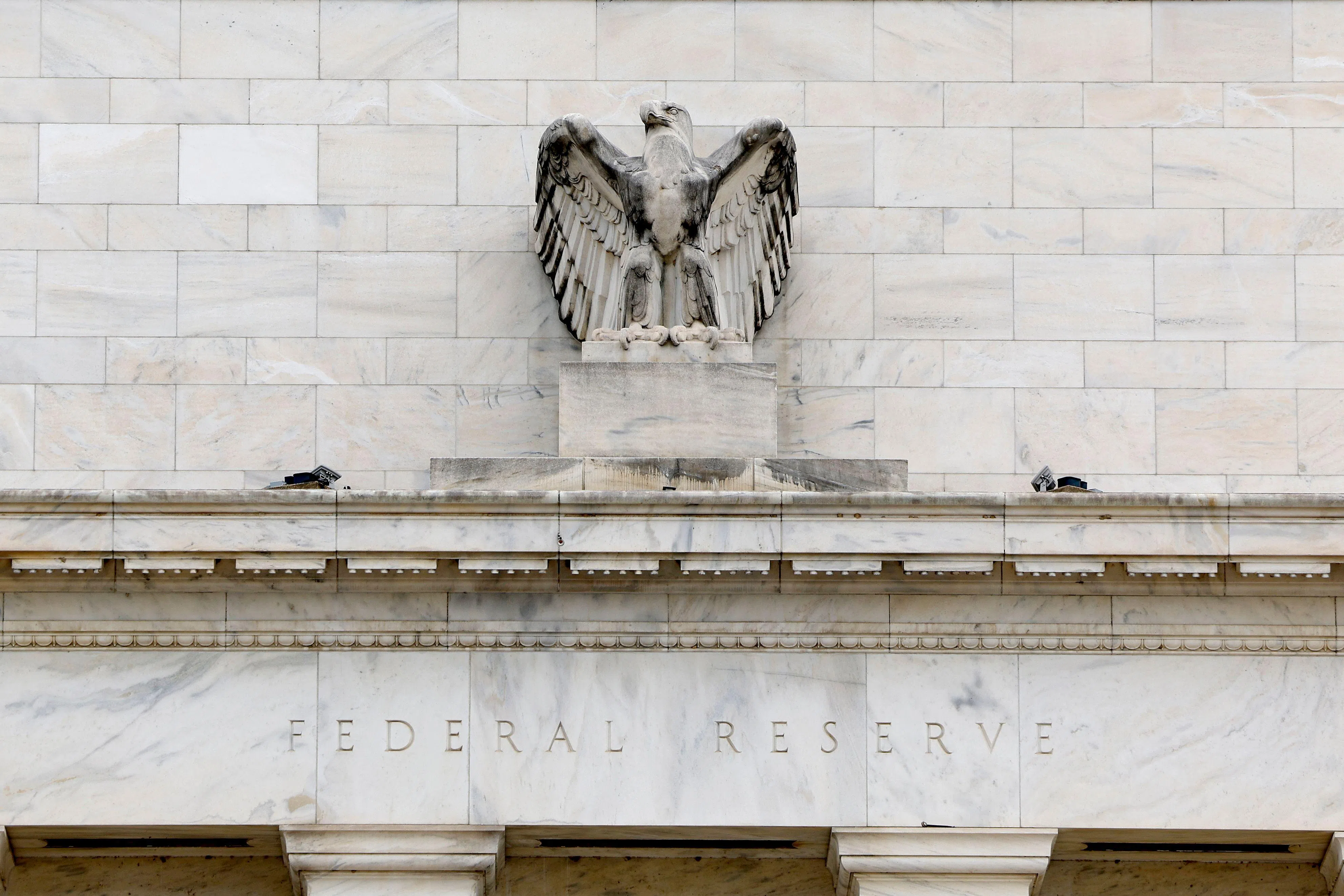US FEDERAL Reserve chair Jerome Powell is unlikely to win another big interest-rate cut from his policy committee so long as the labour market holds up.
Powell described the move as a recalibration aimed at making sure the labour market remained strong at his press conference after officials reduced the benchmark lending rate by a half percentage point to a range of 4.75 to 5 per cent.
The move broke with the gradualism typical of Fed interest-rate changes. Some officials described their support of the move as arising from recent inflation data that convinced them the rate of price changes was headed towards their 2 per cent target.
Nevertheless, minutes of the meeting showed there was a preference among some officials to cut rates at a more gradual pace, possibly because the economy remains remarkably resilient even in the face of what Fed officials call “restrictive” policy.
“Some participants observed that they would have preferred a 25-basis-point reduction of the target range at this meeting, and a few others indicated that they could have supported such a decision,” the minutes said.
“The tone of the hawks is, ‘If this is what you want, we will give you this one,’” said Derek Tang, an economist at LH Meyer/Monetary Policy Analytics in Washington. “A lot of them went into the meeting wanting” a 25-basis-point cut, he said.
BT in your inbox
Start and end each day with the latest news stories and analyses delivered straight to your inbox.
The minutes said “a substantial majority” supported the 50-basis-point move. Tang called that a “rare term”, and added, “What they can’t say is almost all supported it.”
Powell nodded to the committee’s preference for gradualism in comments at the National Association for Business Economics meeting in Nashville on Sep 30.
“This is not a committee that feels like it’s in a hurry to cut rates quickly,” Powell said. “It’s a committee that wants to be guided, ultimately we will be guided by the incoming data.”
Labour market data for September showed a hefty bounceback from a slowdown in hiring over the previous three months. Payrolls rose by 254,000 and the unemployment rate declined to 4.1 per cent.
The Atlanta Fed’s GDP tracker now estimates the economy grew at an annualised rate of 3.2 per cent in the third quarter. Some Fed officials are already noting that their preference is to move more slowly for now.
“Given where the economy is today, I view the costs of easing too much too soon as greater than the costs of easing too little too late,” St Louis Fed president Alberto Musalem said on Monday in remarks prepared for an event organised by the Money Marketeers of New York University.
Musalem will be a voting member of the Federal Open Market Committee (FOMC) in 2025. BLOOMBERG







